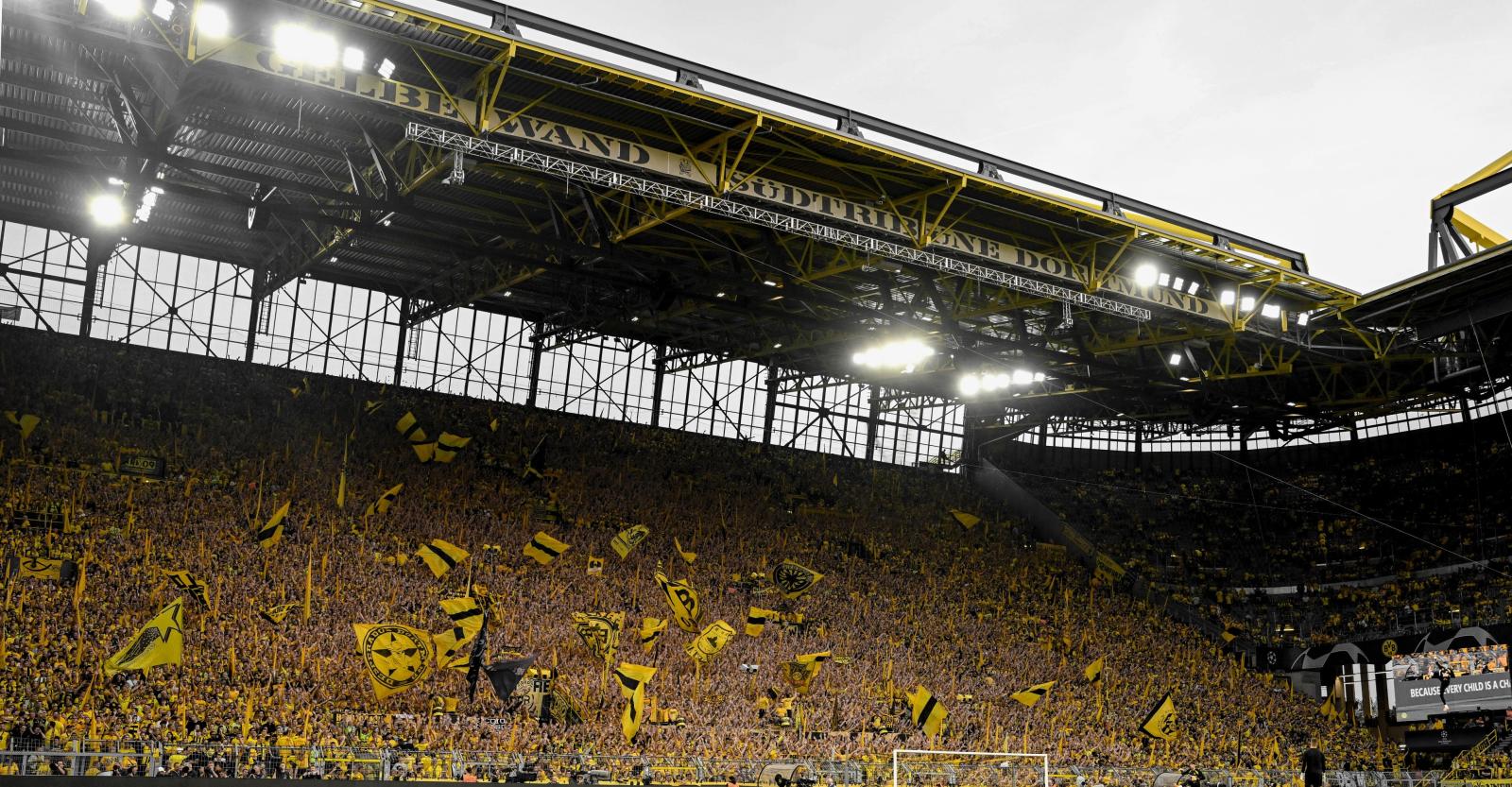-
This will be the first FIFA Women's World Cup to be played entirely on certified green pitches.
-
Results include reducing energy and water consumption at headquarters, and achieving efficiencies in other areas such as recycling.
-
It will serve as a catalyst for change in other sports arenas in both countries.
The FIFA Women's World Cup Australia & New Zealand 2023™ will be a tournament that brings new features in many aspects. An increase to 32 teams and a joint organization of two countries for the first time in history are some of the highlights of the discipline's premier event in Australia and New Zealand this summer.
An important achievement off the field of play is that it will be the first edition of FIFA's major women's tournament to be played entirely on certified green pitches, with ten stadiums from both countries holding that certification. For reference, prior to this competition only two other Australian sports stadiums had the LEED label or the Green Building Council of Australia's Green Star seal.
Another example of the enduring tradition is that the Women's World Cup will leave Australia and New Zealand and go beyond venues, as it could be a factor in making changes to other sporting venues in both countries.
The certification will contribute to operational sustainability by reducing energy and water consumption at headquarters, in addition to achieving efficiencies in other areas such as recycling.
Since the Brazil 2014 edition, FIFA has been putting more emphasis on sustainability at all its World Cups and trying to raise awareness about it. This process begins at the nomination stage and establishes a comprehensive set of requirements for organizing countries.
“Stadia plays an important role in hosting FIFA matches, and one of the things we've focused on since we introduced the certification requirement in 2012 is developing sustainable football infrastructure,” he said. FIFA Head of Sustainability and Environment Federico Addiechi. “We are delighted that all the stadiums at the 2023 FIFA Women's World Cup will achieve this goal and serve as a model for more sustainable sports infrastructure in Australia and Aotearoa New Zealand.”
Off the field of play, the effort and collective commitment has allowed a historic milestone to be achieved, the effects of which will be felt for a long time in the major sports arenas and in many upcoming tournaments in Oceania.
“This is a huge step forward that will have an incredible and lasting ripple effect in creating great sporting events in the future,” said Dr Sheila Nguyen, Competition Sustainability Manager for Australia and Aotearoa New Zealand. “Working in sustainability can often be a puzzle, but our sustainability team sought ways to move from addressing symptoms to achieving systemic changes, and the Green Building Infrastructure Project is a significant way to improve and renew this landscape to prioritize sustainable performance”.
Dave Beach, CEO of FIFA Women's World Cup 2023™, added: “The tournament will offer new features on many fronts and we have sought to expand its potential to contribute to the development of our communities.”
“Working with venues to achieve green building certification is an achievement that will have a positive impact on the sustainable operation of our stadiums in Australia and New Zealand in the future.”
FIFA Women's World Cup 2023 Stadiums™
Auckland/Tamaki Makaurau
Sydney/Catholic – Sydney Football Stadium
Sydney/Catholic – Stadium Australia
Wellington/Te Wanganui-a-Tara
Andrew Eagles, CEO of the New Zealand Green Building Council, said, “Aotearoa New Zealand is as famous for its sport as it is for its beauty. Given the huge opportunity to host the FIFA Women's World Cup, New Zealand stadiums have stepped up. They must do their part to protect nature while providing an amazing experience for thousands of spectators. .”
Davina Rooney, CEO of the Green Building Council of Australia, said: “For sporting stars and spectators, stadiums are where memories are made and legacies are created. But they can also create their own legacies, and with the support of FIFA Women. Helped by the World Cup and the Green Star Performance Certificate, this Australia-wide World-class stadiums do that. This is just the beginning of their sustainability stories.”
All training facilities have received sustainability training from FIFA, ensuring that knowledge is passed on to grassroots football communities.

“Typical beer advocate. Future teen idol. Unapologetic tv practitioner. Music trailblazer.”

:quality(85)/cloudfront-us-east-1.images.arcpublishing.com/infobae/5DDXTCMJZBHZZMM3SZDMT7CNGQ.jpg)


:quality(85)/cloudfront-us-east-1.images.arcpublishing.com/infobae/RHOIDFCETNHXTHUBH7GZNO3WWI.jpg)
:quality(85)/cloudfront-us-east-1.images.arcpublishing.com/infobae/Y65NELVZONDSTJR2YGXD73Q5DM.jpg)
More Stories
The New Zealand market operates the most flights to South America, with a focus on Brazil
A trade agreement between the European Union and New Zealand comes into effect
New Zealand will continue with tax cuts despite a reduced budget